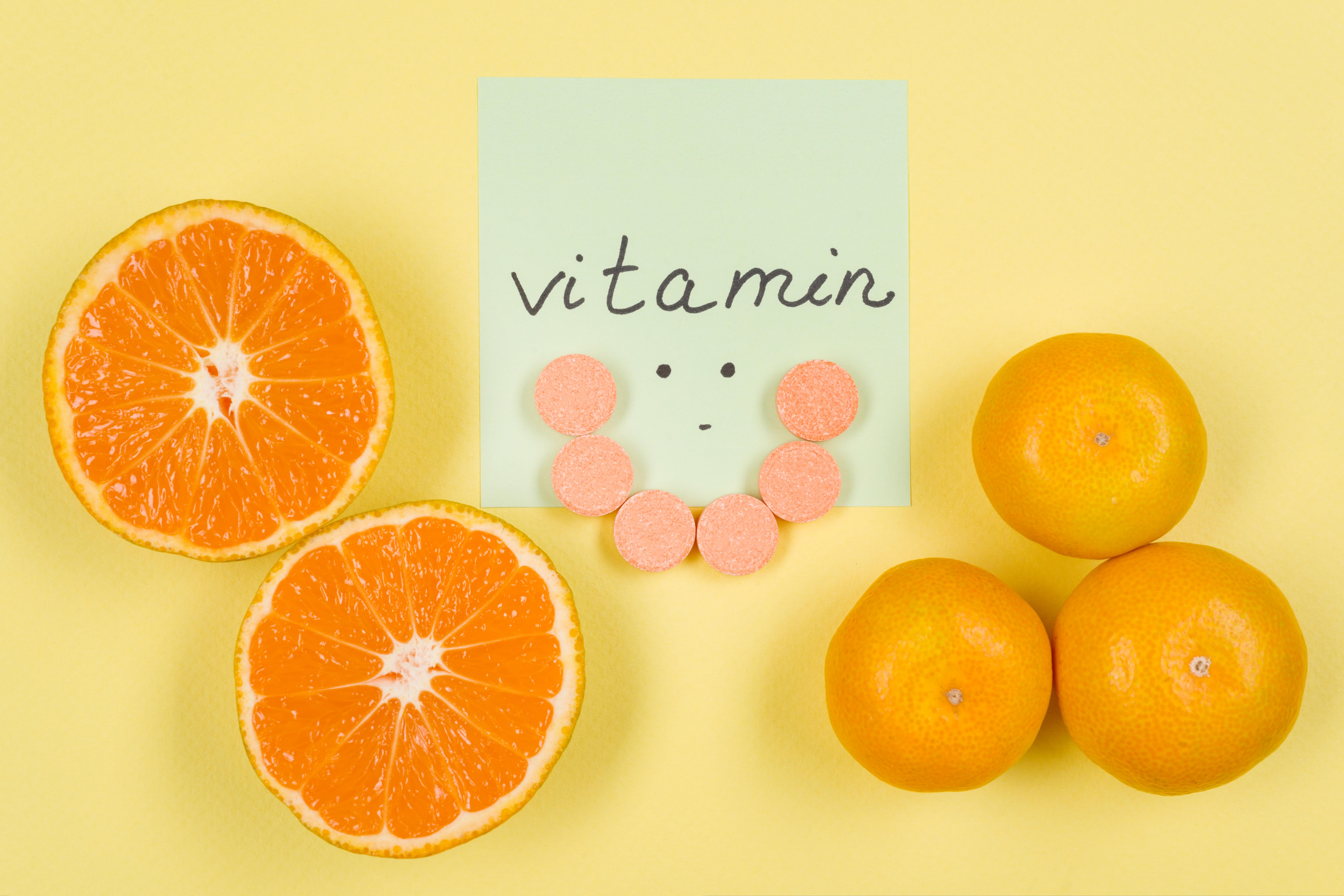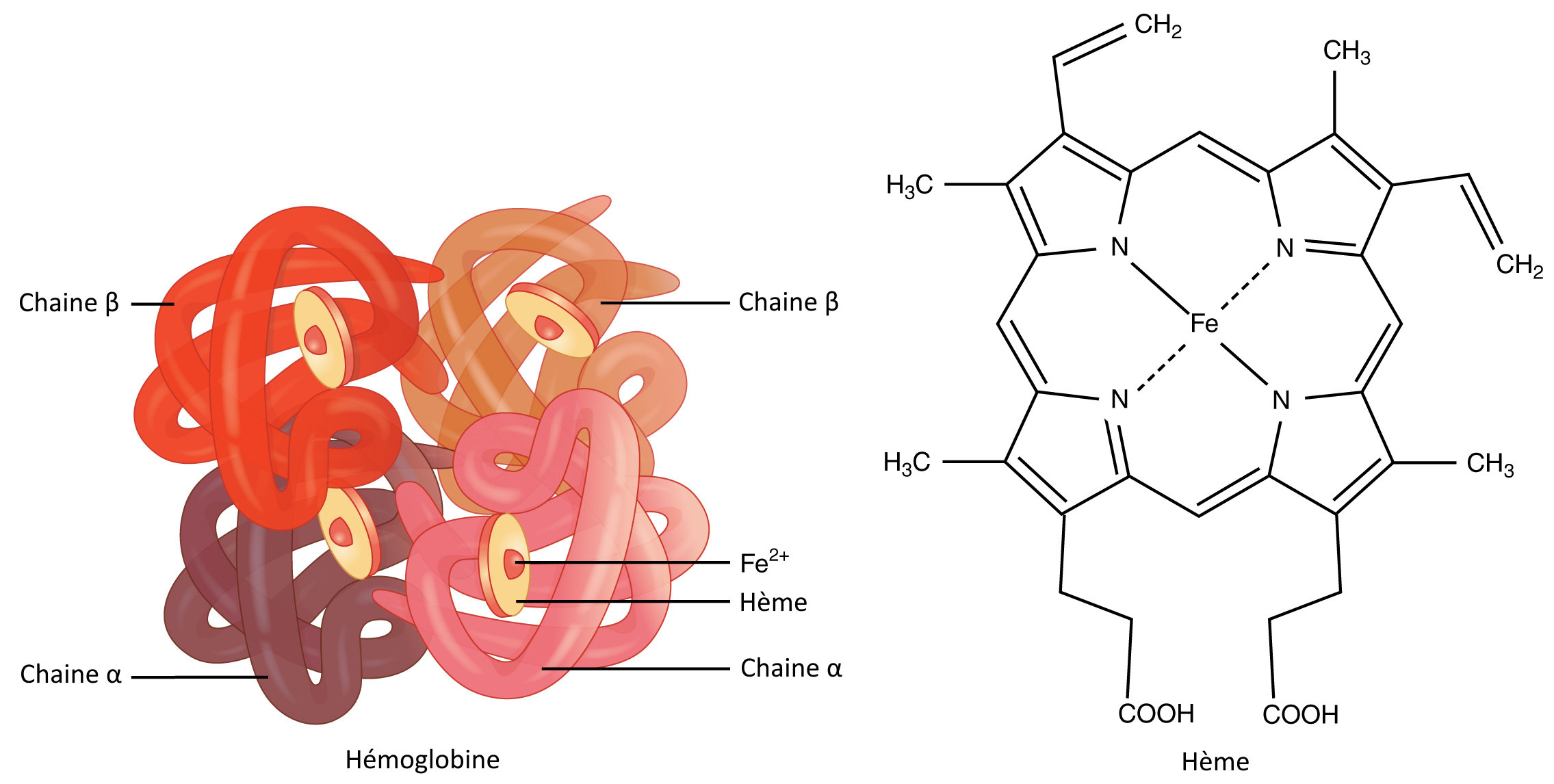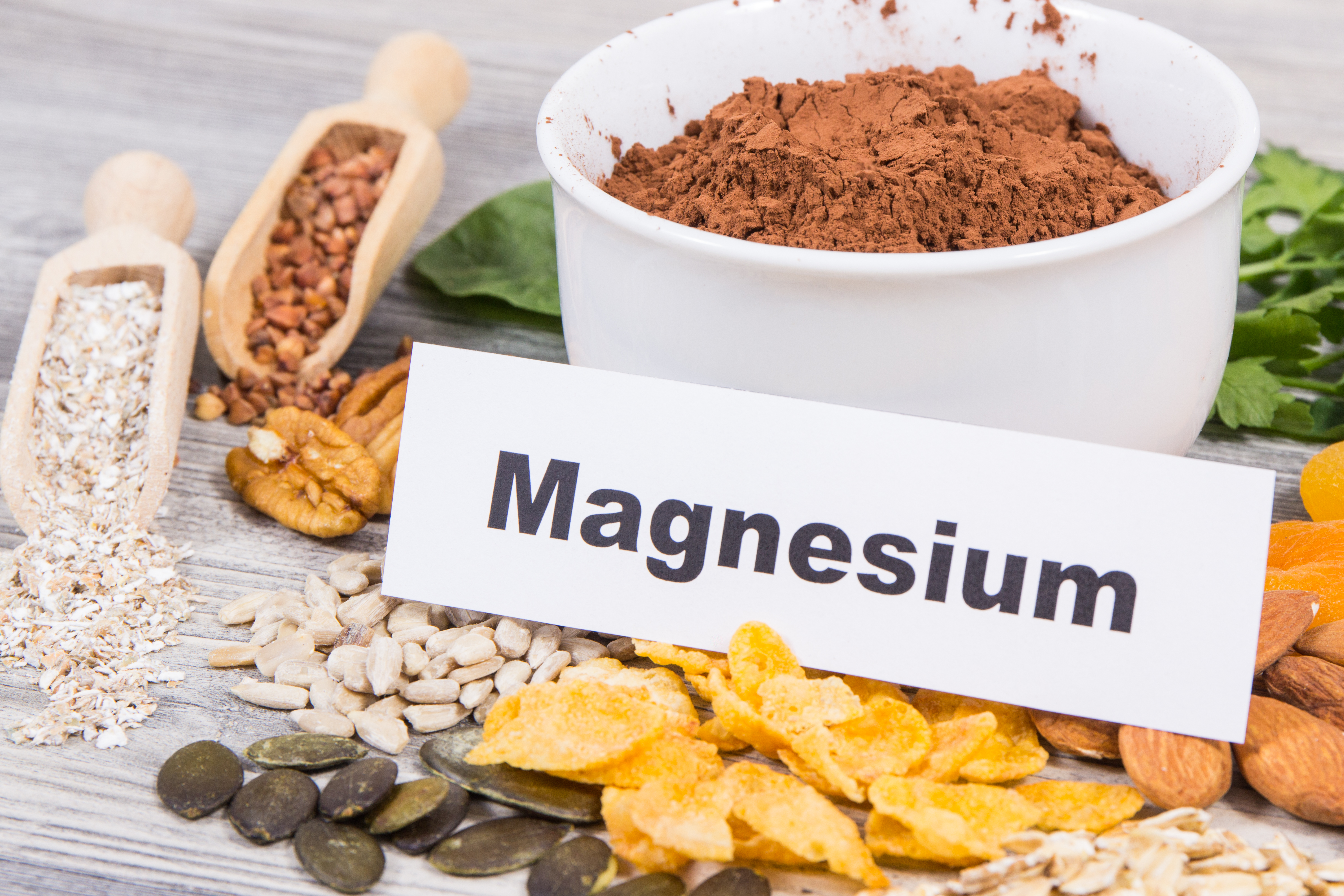10 Weird But True Facts About Common Vitamins & Minerals
Welcome to a fascinating journey into the microscopic world where common vitamins and minerals reveal their astonishing secrets. These essential nutrients, often overlooked in our daily lives, play incredible roles that are as vital as they are mysterious. From supporting our immune systems to enhancing cognitive function, these compounds are the unsung heroes of our well-being. Yet, beyond their basic functions, they harbor secrets that are both weird and wonderful. This slideshow adventure will take you through 10 captivating sections, each unraveling a different aspect of these nutrients' hidden lives. Prepare to be amazed as we dive into the astonishing world where science meets the bizarre, and common nutrients reveal their true, often surprising, nature.
1. Vitamin C - The Invisible Shield

Vitamin C is a household name when it comes to boosting immunity, but its capabilities extend far beyond fighting the common cold. This potent antioxidant plays a crucial role in collagen synthesis, which is vital for maintaining skin elasticity and wound healing. Moreover, Vitamin C has a lesser-known talent of enhancing iron absorption, particularly plant-based iron, making it a crucial ally for those following vegetarian or vegan diets. Recent studies have also uncovered its potential in reducing the risk of chronic diseases by combating oxidative stress. This invisible shield works tirelessly within our bodies, protecting cells from damage and supporting overall health.
2. Vitamin D - The Sunshine Vitamin's Secret Life

Known as the sunshine vitamin, Vitamin D is unique because our bodies can produce it when exposed to sunlight. However, its role goes far beyond maintaining healthy bones. Vitamin D acts as a hormone, influencing over 200 genes and playing a critical role in immune function. Recent research suggests that it may also have protective effects against certain cancers and cardiovascular diseases. Despite its importance, Vitamin D deficiency is surprisingly common, often due to limited sun exposure or dietary intake. Understanding the multifaceted role of this vitamin highlights the importance of maintaining adequate levels for optimal health.
3. Vitamin B12 - The Energy Catalyst

Vitamin B12 is essential for energy production and neurological function. It aids in the formation of red blood cells and DNA synthesis, making it crucial for overall vitality. However, B12 is unique among vitamins as it is primarily found in animal products, posing a challenge for vegetarians and vegans. Deficiency can lead to fatigue, cognitive decline, and even irreversible neurological damage. Intriguingly, B12 is produced by bacteria, not plants or animals, highlighting the complex interplay between different life forms in nutrient synthesis. This section explores the intricate journey of B12 from microbial origins to its vital role in human health.
4. Iron - The Oxygen Transporter

Iron is a key component of hemoglobin, the protein in red blood cells responsible for transporting oxygen throughout the body. Its role in energy metabolism and immune function is equally critical. However, iron's story is not without its quirks. The body tightly regulates iron levels, as both deficiency and excess can lead to serious health issues. Iron deficiency is the most common nutritional disorder worldwide, often resulting in anemia. On the flip side, too much iron can cause oxidative stress and damage organs. Understanding the delicate balance of iron in the body reveals its complex and essential nature.
5. Calcium - The Bone Builder

Calcium is synonymous with strong bones and teeth, but its functions extend to muscle contraction, nerve signaling, and blood clotting. This mineral is the most abundant in the human body, with 99% stored in bones and teeth. However, calcium's absorption is a sophisticated process involving Vitamin D and parathyroid hormone, among others. Interestingly, the body will leach calcium from bones to maintain necessary levels in the blood, emphasizing the importance of adequate intake. This section delves into the intricate dance of calcium regulation and its critical roles beyond skeletal health.
6. Magnesium - The Silent Supporter

Magnesium is involved in over 300 enzymatic reactions, playing a pivotal role in energy production, DNA synthesis, and muscle function. Despite its importance, magnesium often flies under the radar, earning it the title of the silent supporter. It also helps regulate calcium and potassium levels, contributing to cardiovascular health. Magnesium deficiency is linked to various health issues, including hypertension, osteoporosis, and migraines. This section explores the myriad of functions magnesium performs quietly behind the scenes and the impact of maintaining optimal levels for overall well-being.
7. Zinc - The Immune System's Guardian

Zinc is a trace mineral with a significant impact on immune function, wound healing, and DNA synthesis. It acts as a cofactor for numerous enzymes and is crucial for cell division and growth. Zinc's role in the immune system is particularly noteworthy, as it helps combat infections and inflammation. Despite its importance, zinc deficiency is prevalent, especially in developing countries, leading to impaired immune function and increased susceptibility to infections. This section examines zinc's vital contributions to health and the global implications of its deficiency.
8. Selenium - The Antioxidant Powerhouse

Selenium is a powerful antioxidant that works in tandem with Vitamin E to protect cells from oxidative damage. It plays a crucial role in thyroid hormone metabolism and immune function. Selenium's antioxidant properties are linked to a reduced risk of certain cancers and cardiovascular diseases. However, the margin between adequate and toxic levels of selenium is narrow, making balance essential. This section delves into selenium's dual role as a protector and potential threat, highlighting the importance of maintaining appropriate levels for health benefits.
9. Iodine - The Thyroid's Best Friend

Iodine is essential for the production of thyroid hormones, which regulate metabolism, growth, and development. It is particularly crucial during pregnancy and infancy for brain development. Iodine deficiency can lead to goiter, hypothyroidism, and developmental delays. Despite its importance, iodine deficiency remains a global health issue, affecting millions. This section explores iodine's critical role in thyroid health and the strategies employed to combat deficiency, such as iodized salt.
10. Potassium - The Heart's Ally

Potassium is vital for maintaining fluid balance, nerve transmission, and muscle contraction. It plays a significant role in heart health by helping to regulate blood pressure. A diet rich in potassium is associated with a reduced risk of hypertension and stroke. However, modern diets often fall short of recommended potassium levels, highlighting the need for increased intake of fruits and vegetables. This section examines potassium's essential functions and its impact on cardiovascular health.
As we conclude this exploration of vitamins and minerals, it's clear that these common nutrients hold extraordinary secrets. From their intricate roles in bodily functions to their broader implications for global health, vitamins and minerals are indispensable to our well-being. Understanding their weird yet true secrets not only enhances our appreciation of these nutrients but also underscores the importance of a balanced diet. By recognizing the extraordinary in the ordinary, we can make informed choices that support our health and vitality, ensuring that these microscopic powerhouses continue to work their magic within us.







